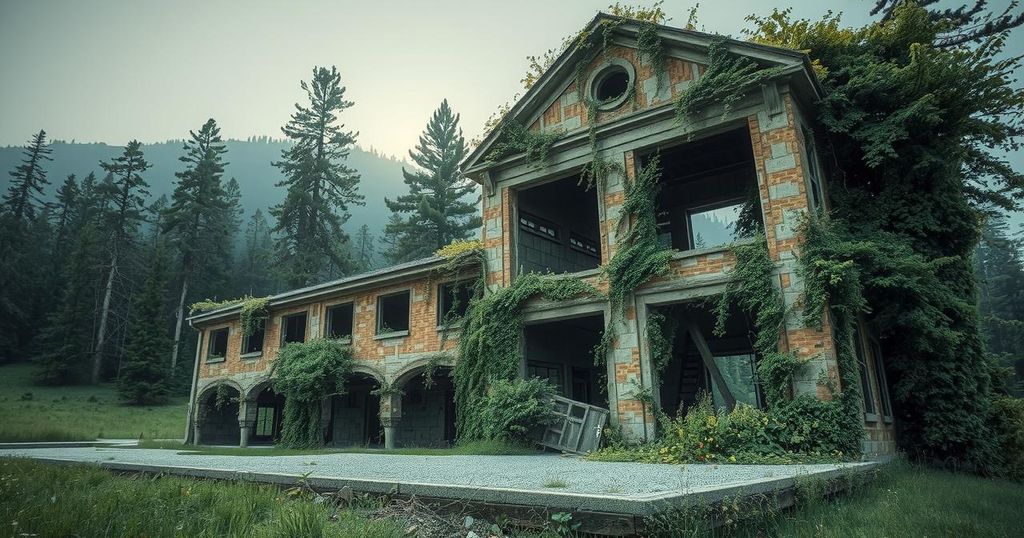Former Renamo guerrillas protested in Nampula, shutting down the party’s provincial delegation to challenge the leadership of Ossufo Momade and provincial delegate Abiba Aba. They expressed dissatisfaction with party performance in the recent elections and felt marginalized since Dhlakama’s leadership ended. The party postponed a pivotal National Council meeting, raising concerns about internal division and unfulfilled promises regarding demobilization.
Dozens of former members of the Mozambican National Resistance (Renamo) occupied the party’s provincial delegation in Nampula this Tuesday morning. This action is part of their ongoing protests against the party’s provincial leadership, particularly targeting delegate Abiba Aba and party president Ossufo Momade. Carolina Yahaia, a former guerrilla, expressed, “We don’t want provincial delegate Abiba Aba; she should leave for being arrogant and uncooperative with us, the former combatants who fought for democracy.”
The discontent stems from Renamo’s disappointing performance in the October elections, where the party secured only 28 parliamentary seats, losing its position as the second-largest political force to the Optimistic People for the Development of Mozambique (Podemos), which has 43 representatives. Furthermore, Renamo postponed its National Council initially scheduled for March 7 and 8, a meeting that members had hoped would address pressing political issues within the party.
Former guerrillas have recently voiced their concerns over the leadership of Ossufo Momade, who succeeded Afonso Dhlakama. They contend that his tenure has led to division among members and a neglect of their contributions. Ernesto Douglas, another former guerrilla, stated, “After our president Afonso Dhlakama’s loss, we feel ignored. Under Momade’s leadership, anyone with Dhlakama’s vision has been censored.”
To exert pressure for dialogue, former Renamo members blocked access to the provincial delegation. They expressed frustration, claiming broken promises regarding their reintegration into society following disarmament. As Douglas lamented, “They deceived us regarding our reintegration in the DDR process, promising support that never came.”
The party’s provincial spokesperson, Nelson Carvalho, clarified that the closure was a preventive measure to avoid confrontations among members, stating, “We locked our delegation to avert confrontations, not the protesters.” Additionally, Ossufo Momade, who faced criticism for his leadership especially after the elections, garnered only 5.81% of the presidential vote, marking an unfortunate turning point for the party.
The historical context is vital; Mozambique underwent a 16-year civil war, culminating in the 1992 peace agreement which allowed for the first elections in 1994. This legacy continues to influence present dynamics within the party and its former combatants.
The recent closure of the Renamo provincial delegation in Nampula highlights significant internal strife within the party, particularly dissatisfaction with its leadership under Ossufo Momade. Former guerrillas are demanding accountability and better communication from party officials, fueled by frustration over unfulfilled promises regarding their integration into society. This unrest reflects the broader challenges faced by Renamo in the post-election landscape and raises questions about its future direction. The historical context of civil conflict in Mozambique remains relevant as the party seeks to navigate its current challenges while maintaining cohesion among its members.
Original Source: clubofmozambique.com






